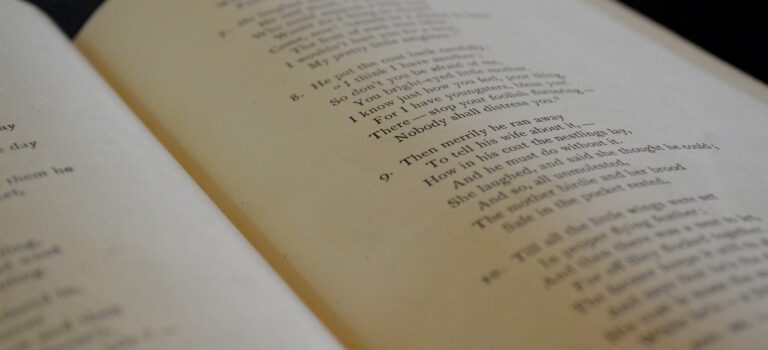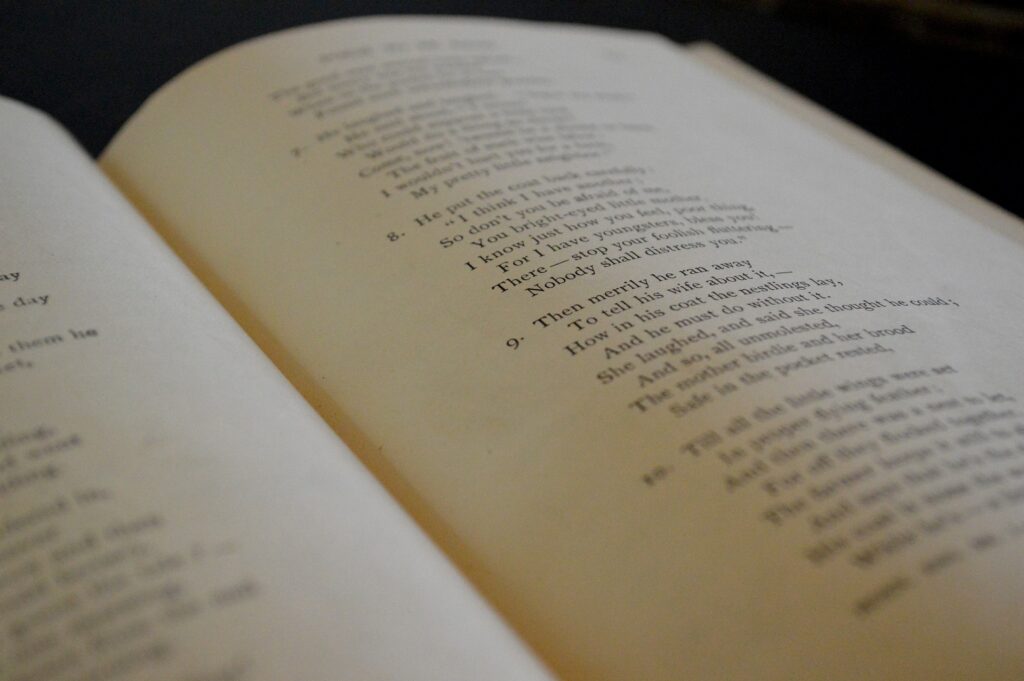In this semester of acting as SR’s poetry editor, I have learned three very important things about working in an editorial role. It’s okay to trust your gut, it’s okay to ask for a second opinion, and having conversations about what you do and don’t like about writing is the best way to discover your own biases around art and poetry in particular. I think it’s very important to be knowledgeable of your biases before reading pieces critically, and will help to generate the most diverse group of submissions for publication. Getting into the editing was the hardest part for me, especially at the very beginning. There are times when insecurity wants to take over and you worry you can’t tell the difference between a great poem and a simply okay poem. But that insecurity really leaves quickly once you’re actually in the thick of it, and get to rise to the occasion by showcasing some excellent submissions for our readers. That has definitely been my favorite part of the editing process, finding the ones that really stand out.
To me, poetry is an excellent window into other people, and is a great demonstration of what the humanities can be. Through poetry, we learn to demonstrate a lot of complex thoughts and feelings, and how we interpret them is indicative of our own perspectives and experiences we bring to the table. The coolest part to me, is how much variation poetry can utilize, and the fact that each poem is fully dependent on the voice of its author. I feel like poetry is one of the most intimate forms of expression, and one of the most creative and expansive outlets that humans have.
For Issue 28, I started by reading each submission and giving my instinctual vote on it, usually in the form of a Yes, No, or Maybe. I am a little more forgiving in this step of the process. Once I’ve selected my Yes’s and Maybe’s, I then re-read them more critically, analyzing the content, composition, and craft to try and narrow down the best top ten submissions for the magazine. The act of collaborating with the Poetry team on the final selections is the most exciting part of the whole semester, outside of the actual publication itself! The role of Poetry Editor has taught me so much about curating selections for readers and how to trust your own opinion in the way that your peers and readers trust you to show them great pieces of work.

